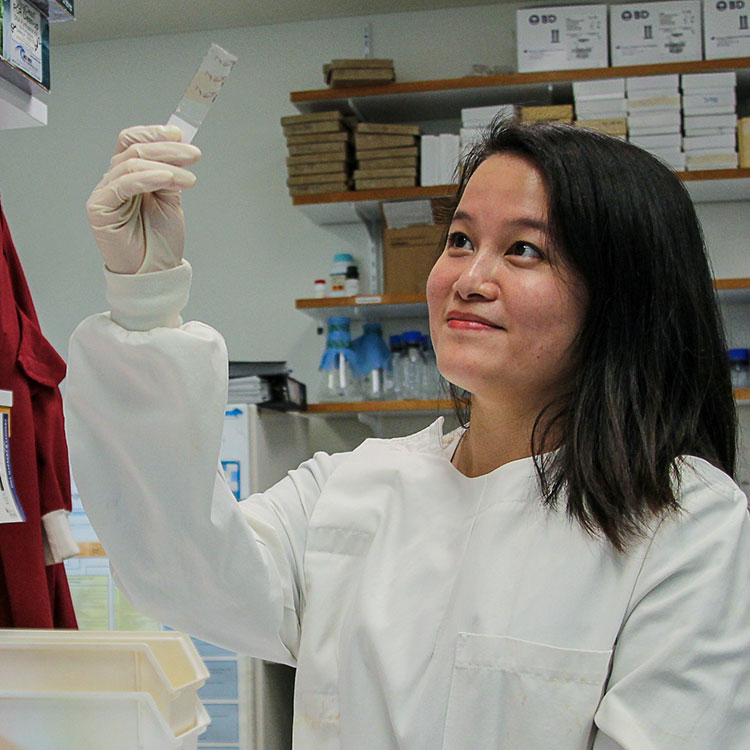Search

News & Events
Every Friday: Child Health Research Seminars 2014Associate Professor Roz Walker has been involved in research, evaluation and education with Aboriginal communities building local capacity for 30 years.
News & Events
Trans Tasman action to fast track rheumatic fever vaccinePrime Ministers of Australia and New Zealand have agreed to provide $3M to help fast-track the development of a vaccine against rheumatic fever.
News & Events
Study opportunity for Aboriginal Health WorkersA new scholarship program offering Aboriginal Health Workers an opportunity to take up further study has been launched

News & Events
State Government boost for The Kids researchThe Kids Research Institute Australia researchers have been awarded five of eight State Government awards designed to help cover the hidden costs of conducting research.
Research
Moort Vax Waangkiny: Understanding reasons for routine vaccine uptake among Aboriginal children aged <5 years in Perth (Boorloo) metroAboriginal children aged younger than 5 years in Perth (Boorloo) have lower vaccine uptake compared to non-Aboriginal children.
Research
Protocol to implement and evaluate a culturally secure, strength-based, equine-assisted learning program, "Yawardani Jan-ga" (horses helping)Australian Aboriginal people experience stressors from inequalities across crucial social determinants, including deep and entrenched disadvantage and exclusion. The impact of unaddressed historical issues is pervasive and intergenerational. The disproportionate rates of Aboriginal youth suicide, juvenile detention and imprisonment highlight the inadequacy of existing social and emotional wellbeing programs and services for Aboriginal children and young people.
Research
Capacity building to address antimicrobial resistance in remote Australia: The inaugural HOT NORTH Antimicrobial AcademyRates of antimicrobial resistance (AMR) for some pathogens in Australia are considerably higher in rural and remote compared to urban regions. The inaugural Hot North Antimicrobial Academy was a 9-month educational programme aimed to build workforce knowledge and capacity in antimicrobial use, audit, stewardship, surveillance and drug resistance in remote primary health care.
Research
An Aboriginal and Torres Strait Islander adolescent model of primary health carePete Azzopardi PhD, FRACP, MEpi, MBBS, GDipBiostats, BMedSci Head, Adolescent Health and Wellbeing Head, Adolescent Health and Wellbeing Professor
Research
Cancer Cell Biology Research in an Indigenous Childhood Cancer ContextIn Australia, cancer medicine is increasingly guided by our expanding knowledge of cancer genomics (the study of genetic information) and biology. Personalized treatments and targets are often defined by an individual’s genetic profile—known as precision cancer medicine. The translation of genomics-guided precision therapeutics from bench to bedside is beginning to produce real clinical benefits for Australians living with cancer.
Research
“It Empowers You to Empower Them”: Health Professional Perspectives of Care for Hyperglycaemia in Pregnancy Following a Multi-Component Health Systems InterventionThe Northern Territory and Far North Queensland have a high proportion of Aboriginal and Torres Strait Islander women birthing who experience hyperglycaemia in pregnancy. A multi-component health systems intervention to improve antenatal and postpartum care in these regions for women with hyperglycaemia in pregnancy was implemented between 2016 and 2019.
